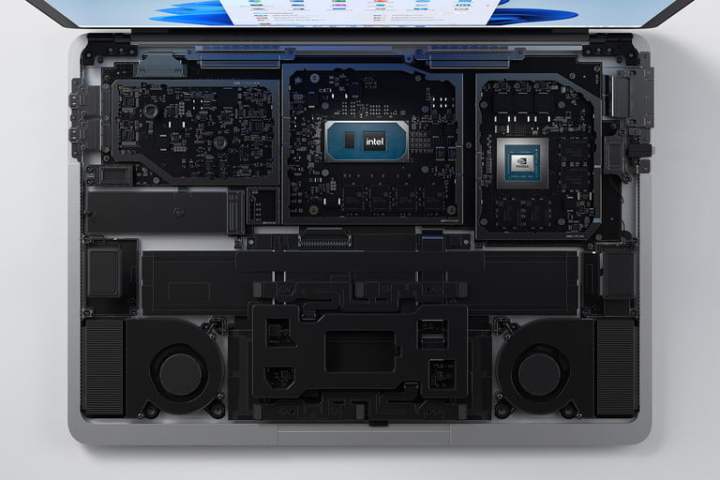Wi-Fi 7 may not exist in devices today, but that isn’t stopping Intel from forging ahead with it. Intel is planning to introduce Wi-Fi 7 sometime in 2024 just as Apple turns to Wi-Fi 6E for its upcoming devices. Intel will be doubling down on Wi-Fi 7 development efforts over the coming year, according to Eric McLaughlin, Intel’s vice-president of wireless solutions.
“We are currently developing Intel’s Wi-Fi ‘802.11be’ in order to obtain the ‘Wi-Fi Alliance’ certification, and it will be installed in PC products such as laptops by 2024,” McLaughlin said in a press conference earlier today. “We expect it to appear in major markets in 2025.”

The newest and fastest Wi-Fi available right now is Wi-Fi 6E. It supports the 6GHz spectrum, which allows a ton more bandwidth over previous Wi-Fi 6. It quadruples the number of airwaves available and increases speed to 2.6GBps from 2GBps available on Wi-Fi 6. The technology was recently rolled out in late 2020 after a year of development and FCC approval in the United States. Apple has embraced Wi-Fi 6E for its upcoming devices, such as the iPhone 14.
But Wi-Fi 7 is an entirely different beast. Intel claims Wi-Fi 7 will stabilize 6GHz bandwidth while providing 5.8Gbps speeds. That’s blazing fast and more than double what’s available with Wi-Fi 6E. Furthermore, Wi-Fi 7 is future-proof as it will be ready to embrace an increase in bandwidth up to 7GHz, if and when the FCC opens it up in a few years.
“Wi-Fi 7 almost doubles the frequency bandwidth of 802.11ax (170 MHz) to 320 MHz and doubles the speed of Wi-Fi,” McLaughlin told reporters. “Since there is more than a year left before the release of 802.11be, there is still a chance that we could improve the processing speed even further.”
For context, the average Wi-Fi speed in the U.S. in 2021, when connected to 1GBps broadband internet, was less than 20MBps. Most Wi-Fi routers and receivers utilize less than 50% of their capabilities for various reasons, such as multiple users on the same network, firewalls, and other bottlenecks. So, households and offices with high-speed internet connections are probably not getting the full speeds they are paying for due to Wi-Fi constraints.
Intel hopes to change that with Wi-Fi 7. High speed Wi-Fi can take advantage of high-speed internet and improves gaming, media streaming, video calls, and overall data processing speeds.
Qualcomm was the first company to talk about its plans for Wi-Fi 7 support earlier this year.
Editors' Recommendations
- Wi-Fi 7 will bring 33 Gbps speeds to your home in 2023
- Netgear’s new Nighthawk gaming router brings Wi-Fi 6E speeds to the masses
- Netgear’s $1,500 Orbi mesh Wi-Fi 6E router promises double the speed
- Netgear’s game-changing Wi-Fi 6e router is here, and it looks like a spaceship
- TP-Link’s new blazing-fast Wi-Fi 6E routers coming later in 2021




